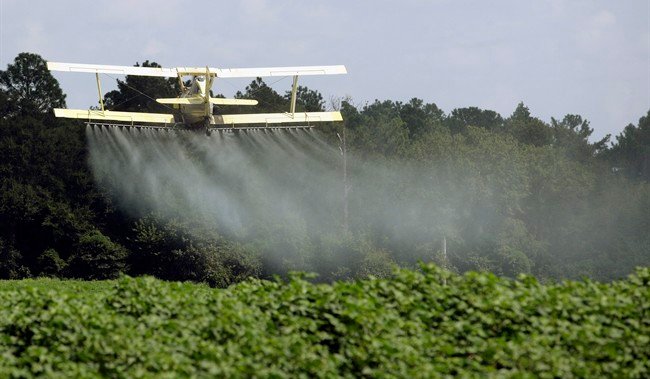The co-chair of the scientific advisory committee in Canada has resigned due to concerns about transparency and scientific oversight in pesticide management. Dr. Bruce Lanphear, a health sciences professor at Simon Fraser University, stepped down as co-chair of the Health Canada scientific advisory committee on pest control products on June 27. In his resignation letter, Lanphear expressed worries that the committee and his role as co-chair give a false sense of security regarding Health Canada’s protection of Canadians from toxic pesticides. He stated, “Based on my experience over the past year, I cannot provide that assurance.” The committee provides independent scientific advice to Health Canada on the health and environmental risks of pesticides, as well as evaluations for new products and reviews.
Lanphear, in his three-page letter, highlighted the limited role and scope of work of the scientific advisory committee compared to the pest management advisory council, which includes members of the pesticide industry. He expressed little to no confidence in the science committee’s ability to improve transparency or ensure protection from toxic pesticides. Health Canada responded by stating that the Pest Management Regulatory Agency takes its regulatory role seriously and that the pesticide review process is rooted in science.
The department clarified the different roles of the two advisory committees, stating that the science table gives scientific and technical advice to inform evidence-based decisions, while the pest management advisory council advises the health minister on pest management policies and issues. The agency considers the advice of both committees but maintains responsibility for all decisions.
Lanphear mentioned difficulties in obtaining data and answers from Health Canada staff concerning contentious products and the department’s monitoring of exposure to toxic pesticides. He cited instances where his requests were denied, raising concerns about transparency. He called for a complete overhaul of Canada’s pesticide regulatory system, labeling it as “obsolete” and emphasizing the need to rely more on human studies rather than solely on toxicological studies conducted in laboratories.
Overall, the resignation of Dr. Lanphear highlights the need for improved transparency and scientific oversight in pesticide management in Canada. It raises concerns about the current regulatory system’s ability to protect Canadians from toxic pesticides and calls for reforms to prioritize human studies and address industry interests.
Denial of responsibility! VigourTimes is an automatic aggregator of Global media. In each content, the hyperlink to the primary source is specified. All trademarks belong to their rightful owners, and all materials to their authors. For any complaint, please reach us at – [email protected]. We will take necessary action within 24 hours.


